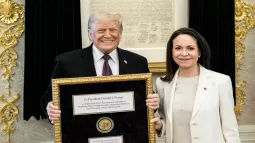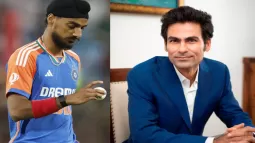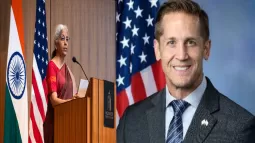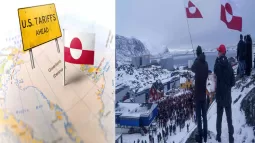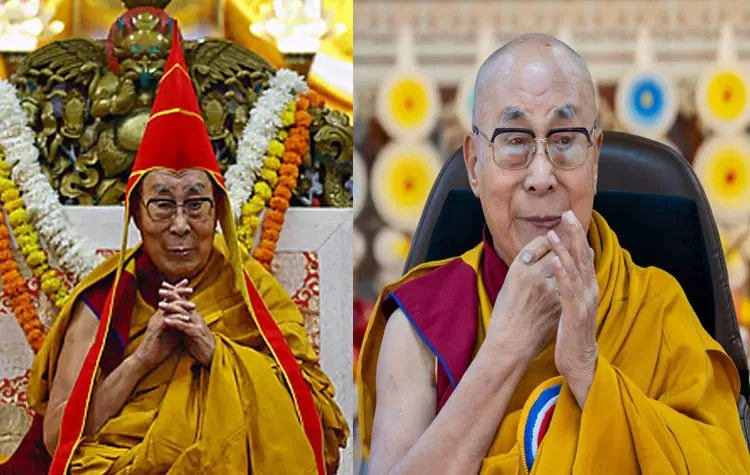
Spiritual Leader Expresses His Wishes on His 90th Birthday
The Dalai Lama, the highest religious authority of Tibetan Buddhism, has said that he wants to live for another 30 to 40 years. His remarks were made on the occasion of his 90th birthday celebrations on July 6. Devotees organized a number of prayer sessions for his long life. At one such session, the Dalai Lama remarked that he was getting messages from God that he would live longer and be healthy.
He also vowed to propagate the teachings of Buddha. The Dalai Lama reiterated that he would keep working for the welfare of people. He also shared that he had experienced a dream the previous night during which he had envisioned living up to the age of 110.
Dalai Lama Asserts Successor Process Goes On
Currently in his 90s, the Dalai Lama asserted that the process for finding the 15th Dalai Lama would go on. He made it clear that only the Gaden Phodrang Trust has this authority. In a Facebook post, he described how he had met with senior Tibetan Buddhist leaders and organizations on September 24, 2011. He had inquired at that meeting whether they should continue the tradition of choosing his successor. The reaction was completely positive, he said.
The Dalai Lama further explained that no other nation or organization has the right to intervene in the process of selection. This was a clear indication of China's stance on the issue.
Issues with China's Involvement in Succession
China has been interested in dominating the future choice of the Dalai Lama. The Panchen Lama is involved in that process. The Panchen Lama who remained in Tibet died in 1989 under suspicious circumstances. It is reported that he might have been poisoned.
Later, China identified a boy as the Panchen Lama’s successor and has kept him in custody. In response to these actions, the Dalai Lama has said that his reincarnation might occur outside Tibet. He stressed that the authority to select his successor rests solely with Tibetan religious leaders, not external governments.




